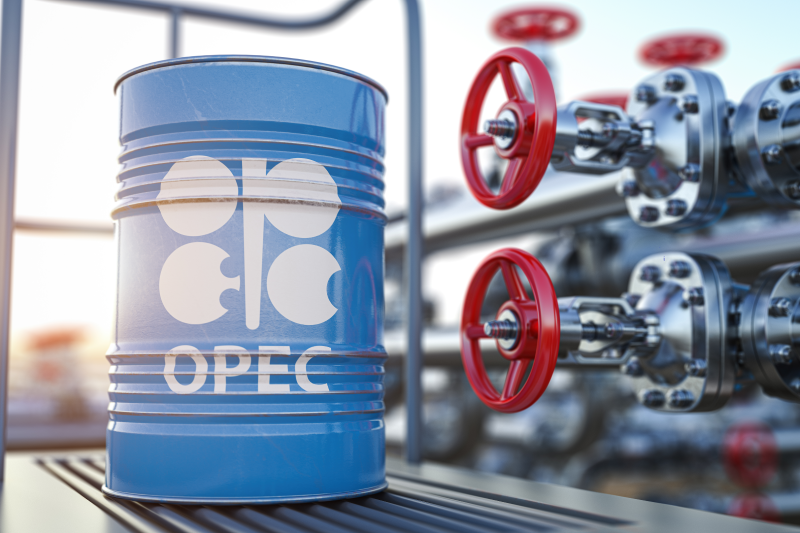(Bloomberg) — The United Arab Emirates will try to convince OPEC+ to increase oil output faster, but there’s little the Gulf country can do if Saudi Arabia isn’t on board.

“Boosting production is not so much an OPEC discussion, it’s a Gulf discussion,” said Bill Farren-Price, a director at Enverus Intelligence Research and veteran observer of the group. “Only Saudi Arabia and UAE have meaningful spare capacity. Which is why the White House is focusing its efforts on Abu Dhabi and Riyadh.”
The current agreement between the Organization of Petroleum Exporting Countries and its allies set out a schedule of monthly production increases — currently 400,000 barrels a day — all the way out until September. Doing anything different would require agreement from all other members of the group.
OPEC+ delegates have said that the recent surge in prices to almost $140 a barrel in London reflects geopolitical tensions, not the kind of supply and demand fundamentals that the producer group addresses.
Saudi Arabia has rebuffed pressures from the U.S. and other consumers to pump more. The kingdom is so far prioritizing its relationship with Russia over oil market stability, said Farren-Price.
Yet Russia’s invasion of Ukraine has upended the oil market in a way that OPEC+ may not be able to ignore. The UAE’s proposal was a reversal from the cartel’s last meeting, when the group avoided entirely any discussion of the growing international energy crisis.
The pressure to accelerate production increases may become too strong to ignore as sanctions, a buyers strike or outright bans curb Russian oil production. The shift in the UAE’s stance, which was announced by Yousef al-Otaiba, the country’s ambassador to Washington, reflects the degree to which geopolitics are intruding into OPEC+ conversations.
“The U.S. may have persuaded UAE to surge output,” said Farren-Price. “Saudi leaders look determined to win a political concession from Biden before offering up extra barrels.”







